Dual Transformation: An Inevitable Trend in the Development Strategy of Vietnamese Enterprises
At the seminar “Dual transformation: Stories of pioneering enterprises” organized by Investment Newspaper on August 12, experts all said that dual transformation is an inevitable trend that enterprises need to grasp to take advantage of new business opportunities.
Seize business opportunities
For Vietnam, many economic experts believe that the shortest and most economical way to achieve the goal of rapid, sustainable development and becoming a developed country with high income by 2045 is through digital transformation and green transformation.
To support businesses in this process, the Government has issued a series of mechanisms and policies to promote the shift towards digitalization and greening. In particular, there are new policies being implemented to encourage businesses to carry out dual transformation.
 |
| Ms. Bui Thu Thuy, Deputy Director of the Department of Enterprise Development, Ministry of Planning and Investment. (Photo: Chi Cuong) |
Ms. Bui Thu Thuy, Deputy Director of the Department of Enterprise Development, Ministry of Planning and Investment, emphasized that green transformation and digital transformation (or dual transformation) have become familiar keywords, especially after the Covid-19 pandemic, which is considered a turning point, forcing businesses and government agencies in Vietnam to quickly adapt and transform.
Initially, many businesses, especially small and medium-sized enterprises (SMEs), were not ready for digital transformation. But when Covid-19 hit, businesses were forced to respond immediately, without even having time to develop a systematic strategy, but had to find immediate solutions to maintain operations, especially in the context of a disrupted supply chain.
After the pandemic subsided, businesses looked back and realized that previous transformation efforts were spontaneous and lacked a clear roadmap. Now, with the Vietnamese Government's commitment to the Net Zero target and the challenges of green transformation, businesses are really focusing more on preparing for this process.
“Green transformation and digital transformation are closely related, in which digital transformation helps accelerate the green transformation process. On the contrary, green transformation creates pressure and requirements for businesses to choose suitable digital tools,” Ms. Thuy emphasized.
Currently, exporting businesses, especially in sectors such as textiles, garments and footwear, have no choice but to comply with sustainability standards required by international markets, such as Europe and the US. This requires businesses to change their raw materials, production processes and warehouse management, and digital transformation is a tool to help them achieve these requirements.
Ms. Thuy said that although many businesses have become aware of the importance of digital and green transformation, implementation still faces many difficulties. Most businesses, especially SMEs, are only at the initial stage of the digitalization process, that is, switching from paper documents to soft copies, and are still far from mastering technology and management software. Businesses are currently mainly in the stage of gradually digitizing, training employees, and building a more systematic roadmap for digital transformation.
“Although the Vietnamese Government has issued many policies to support businesses in digital transformation and green transformation, the actual implementation process is still quite slow. Businesses, especially small and medium-sized enterprises, are facing many challenges, from high investment costs to a lack of financial resources. Green credit support policies have been considered, but determining criteria for green projects is still under discussion, delaying implementation,” said Ms. Thuy.
 |
| Ms. Le Hoai Thuong, Senior Manager of Communications and Public Relations, Nestlé Vietnam (Photo: Chi Cuong) |
From a business perspective, Ms. Le Hoai Thuong, Senior Manager of Communications and Public Affairs, Nestlé Vietnam, shared her views on the business strategy in choosing and implementing dual transformation, focusing on sustainability and creating long-term value for the community.
Nestlé’s strategy is based on three pillars: consumer centricity, green transformation, and digital transformation. Consumers today are interested in innovation and green products, low emissions, positive environmental impact and long-term contribution to society.
Regarding green transformation, Nestlé Group is committed to achieving Net Zero across the entire supply chain by 2050. Nestlé has implemented many initiatives such as green agricultural transformation and regenerative agriculture to help farmers in the supply chain practice low-emission farming.
“With regenerative agriculture, we not only stop negative impacts, but also aim to create positive impacts such as water resource restoration, increasing soil fertility, and biochemical diversification,” said Ms. Thuong.
Aiming to invest in developing Vietnam into a production center, Nestlé has so far exported products to more than 20 markets worldwide, including demanding markets. “Digital transformation and green transformation more than 10 years ago have helped us anticipate stricter regulations from demanding markets such as Europe, and maintain the export of raw coffee and finished products to these markets,” a Nestlé representative frankly said.
With the common goal of creating long-term value for the community, Ms. Nguyen Bang Lang, Head of Sustainable Development & External Affairs, AEON Vietnam said that the Company has implemented two key strategies to contribute to the implementation of the country's green growth goals.
The first strategy is to green and digitalize retail operations, and implement green and digital transformation in operations. This includes reducing plastic waste and food waste, as well as optimizing energy use in retail stores.
AEON’s second strategy is to promote green and digital consumption behavior in the community. AEON has been implementing many programs to encourage customers to use reusable bags instead of plastic bags - an important step in reducing plastic waste. One of the outstanding programs is “Rent a Bag” - an environmental bag rental service, helping customers gradually form the habit of using biodegradable bags.
After applying the strategy since 2019, AEON has saved costs related to 200 tons of plastic bags, while contributing to environmental protection as a large amount of these plastic bags are not discharged into nature .
Overcoming challenges
Ms. Thuy said that for large enterprises such as Nestlé and AEON, building a sustainable strategy is not new but has been done for a long time. They have identified green and circular factors right from the beginning of development, showing a long-term commitment to the environment.
However, for small businesses, especially emerging ones, adapting to the greening trend can be more difficult. However, some small businesses and startups, even in remote areas, have begun to adopt sustainable strategies from the beginning. This shows the growing trend of young businesses towards sustainable development.
“Pioneering businesses in this field will face many challenges. However, if successful, they will create great influence, spreading sustainable values in the business community,” Ms. Thuy emphasized.
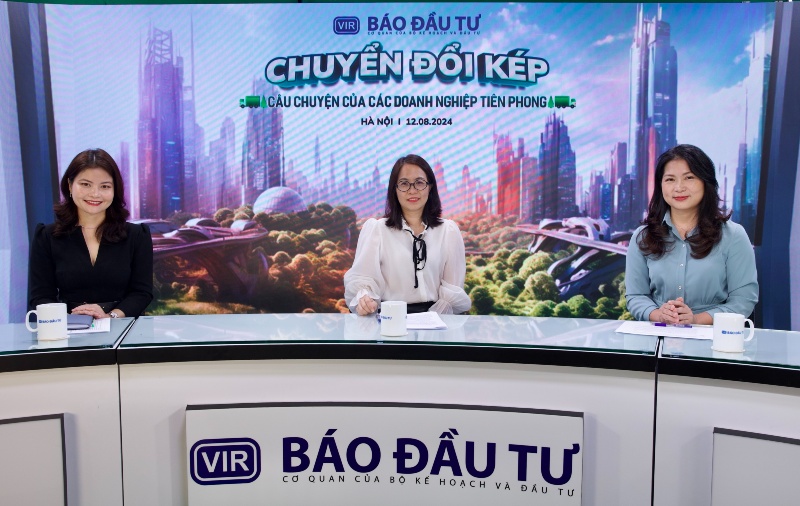 |
| Seminar “Dual Transformation: Stories of Pioneering Enterprises” organized by Investment Newspaper. (Photo: Chi Cuong) |
In particular, large companies can shape trends and standards for the industry, helping small businesses and farmers adopt sustainable practices. For example, Nestlé can support farmers in transitioning to green farming methods through specific guidance and support.
“From the very beginning, Nestlé has been committed to a prosperous and green Vietnam. We remain steadfast in our commitments, actively investing and expanding in Vietnam. During the Covid-19 period and earlier this year when there was an announcement about global minimum tax and FDI shifts, Nestlé was still one of the businesses announcing investment expansion.
In addition, we also invest in a finished coffee factory, to export not only raw materials but also finished coffee products of high value to demanding markets," affirmed a Nestlé representative.
Or the standards that AEON sets for products entering their system can force suppliers to comply with sustainability regulations, creating a green supply chain from root to tip. Meeting AEON's strict requirements can help small and medium-sized enterprises build reputation, expand their market, and increase brand value.
Ms. Thuy hopes that not only Nestlé and AEON but all businesses will continue to cooperate with the Government and international organizations to promote initiatives to support SMEs. She affirmed that these businesses can play an important role in training and guiding SMEs, helping them seize opportunities from the transition to sustainable business.
Source: https://baodautu.vn/chuyen-doi-kep-xu-huong-tat-yeu-trong-chien-luoc-phat-trien-cua-doanh-nghiep-viet-d222263.html


![[Photo] Special relics at the Vietnam Military History Museum associated with the heroic April 30th](https://vstatic.vietnam.vn/vietnam/resource/IMAGE/2025/4/3/a49d65b17b804e398de42bc2caba8368)



![[Photo] Moment of love: Myanmar people are moved to thank Vietnamese soldiers](https://vstatic.vietnam.vn/vietnam/resource/IMAGE/2025/4/3/9b2e07196eb14aa5aacb1bc9e067ae6f)
![[Photo] General Secretary To Lam receives Japanese Ambassador to Vietnam Ito Naoki](https://vstatic.vietnam.vn/vietnam/resource/IMAGE/2025/4/3/3a5d233bc09d4928ac9bfed97674be98)


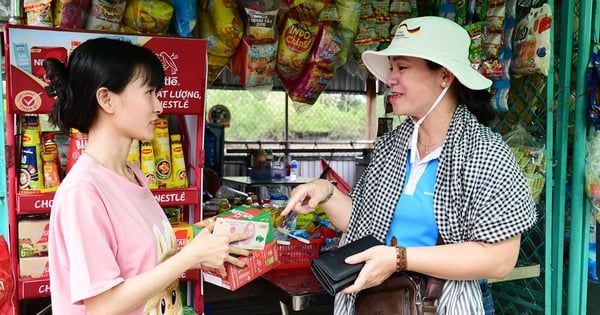

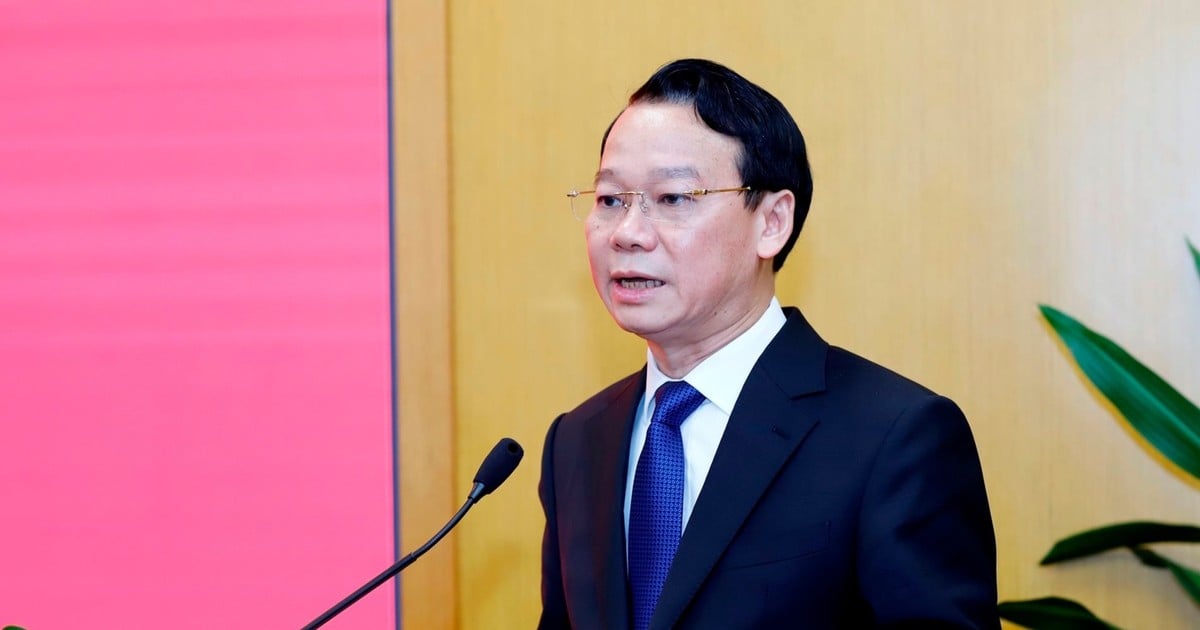

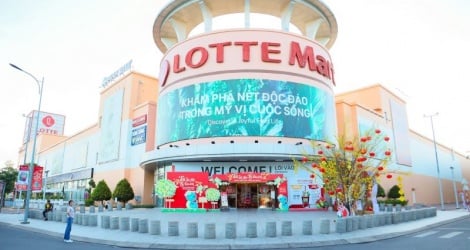
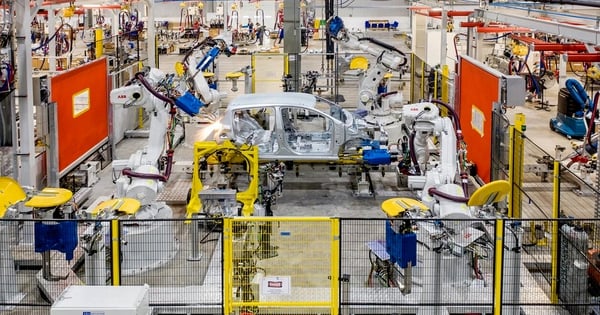

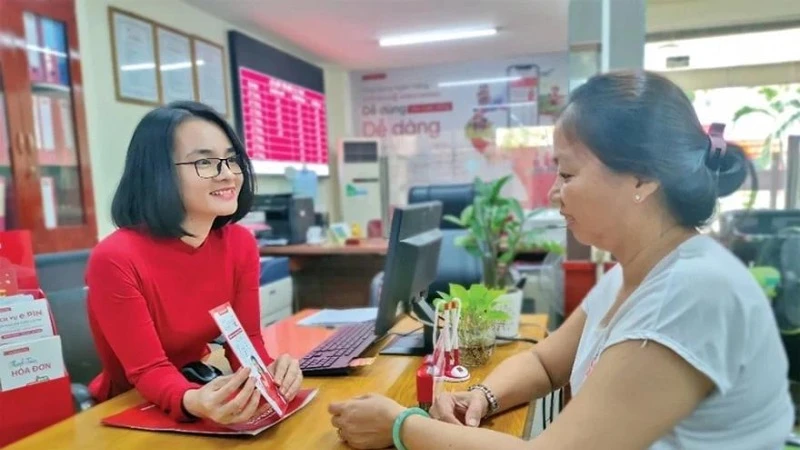

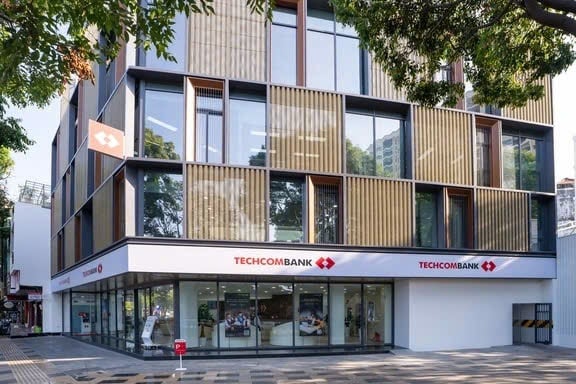

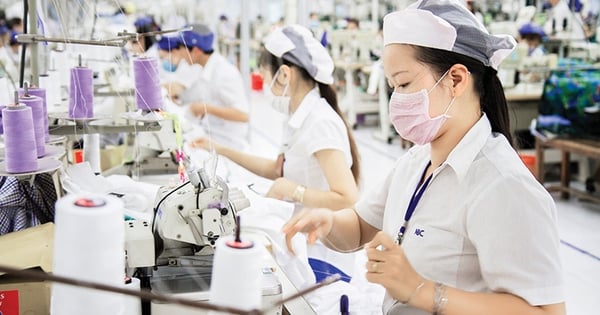
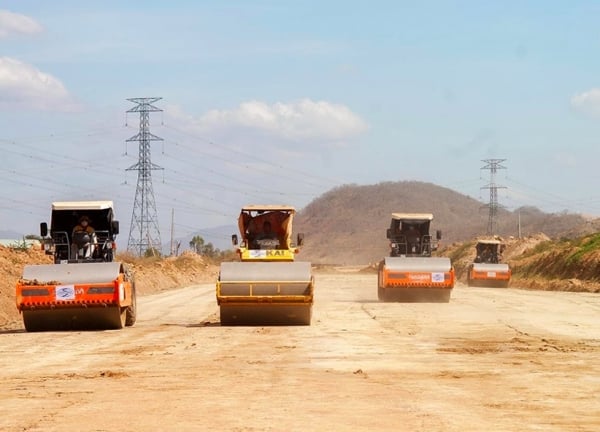
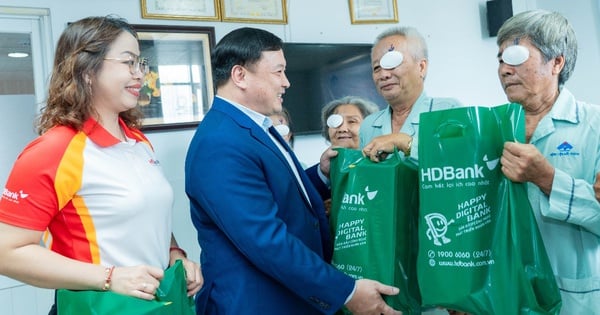





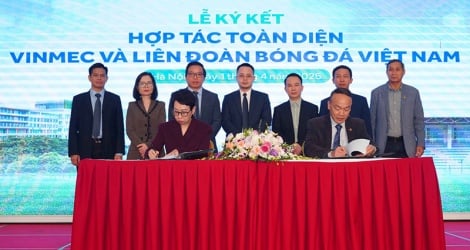



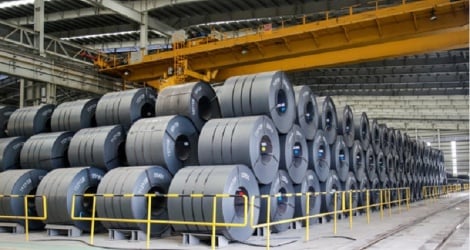






























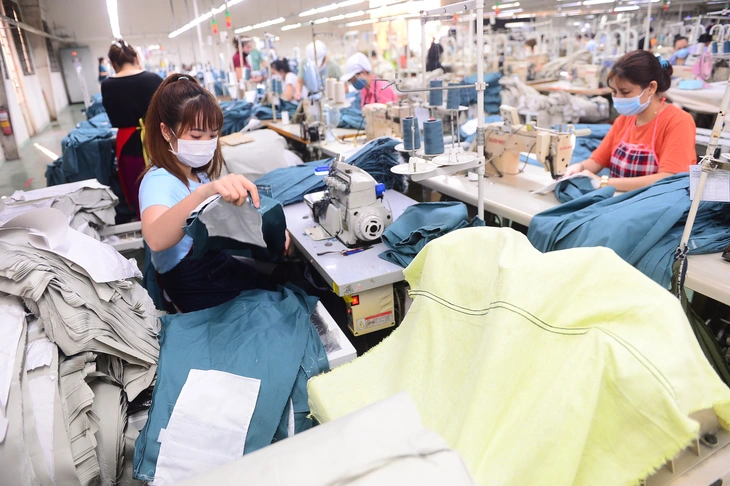
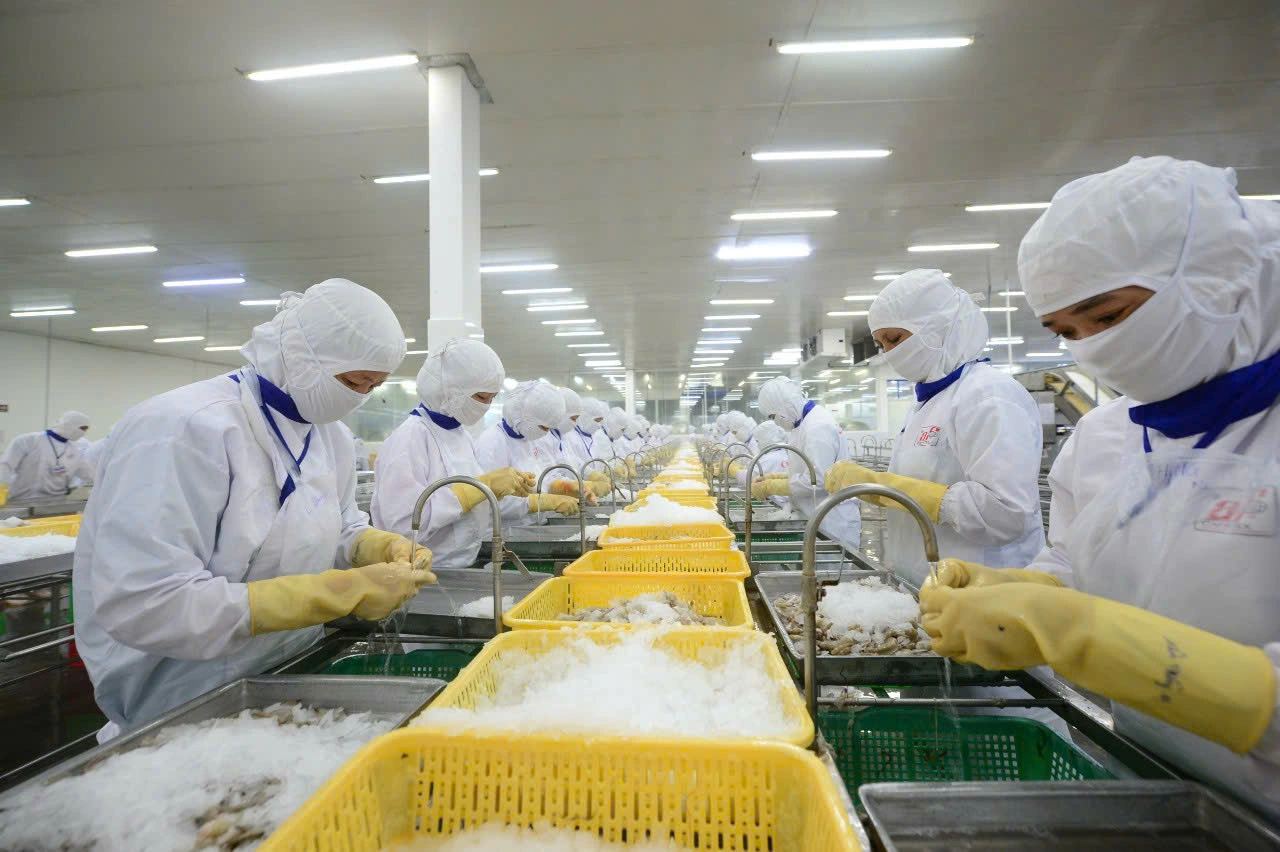


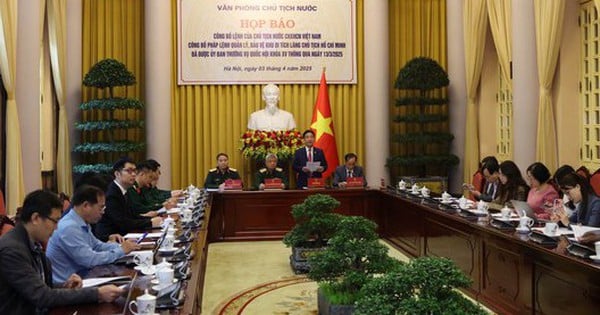




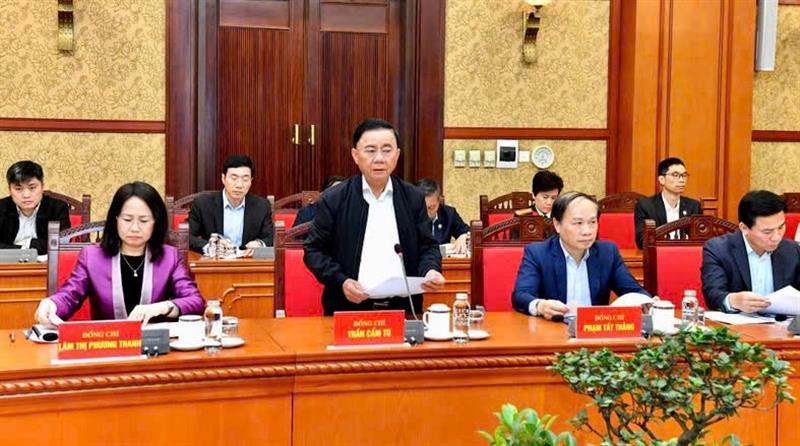



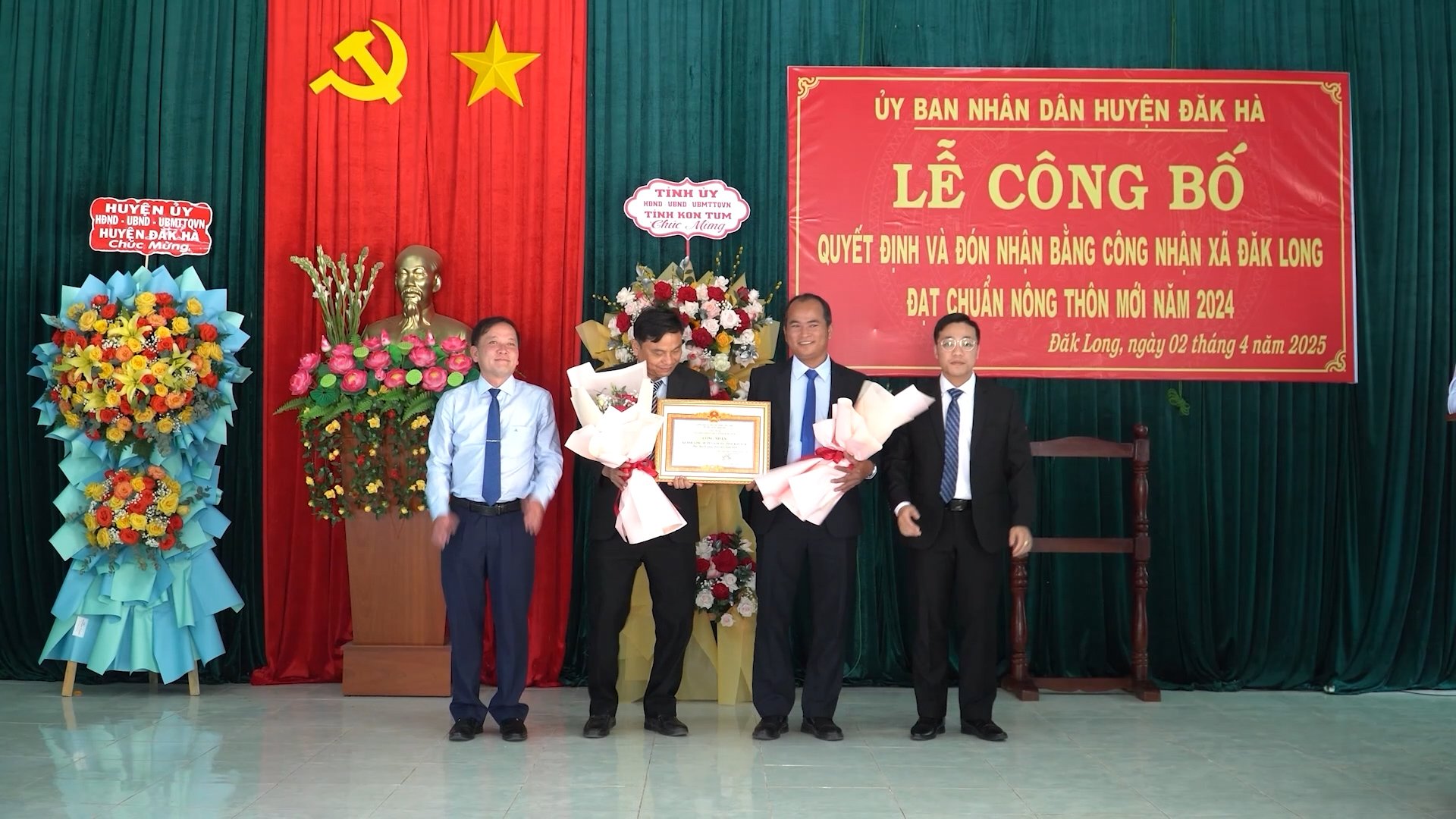

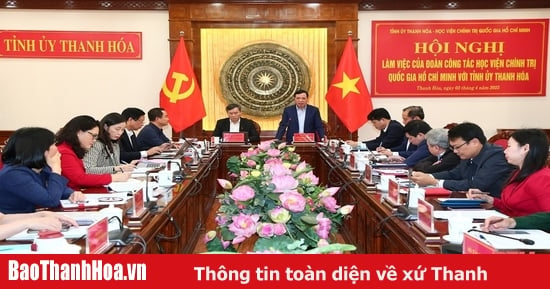

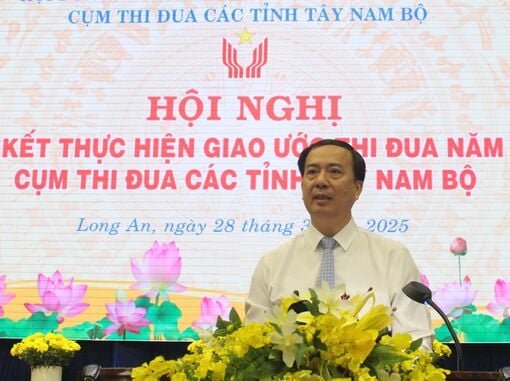














Comment (0)